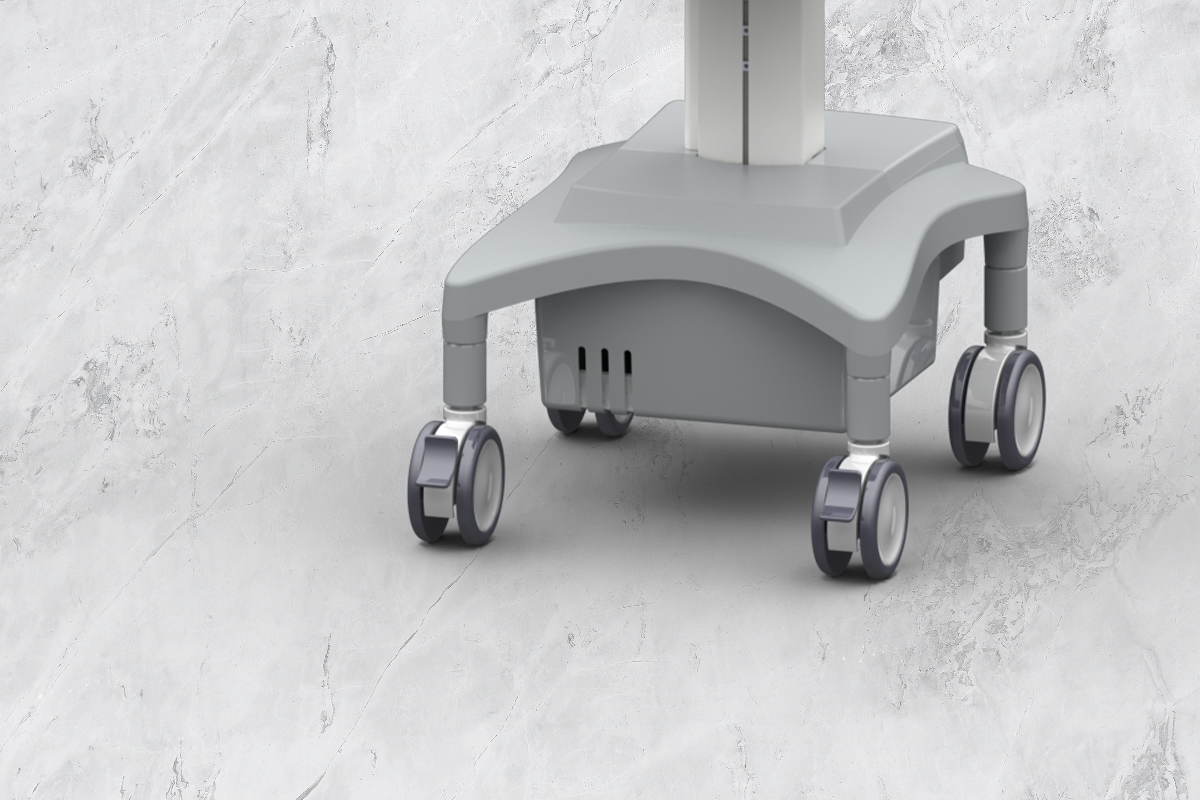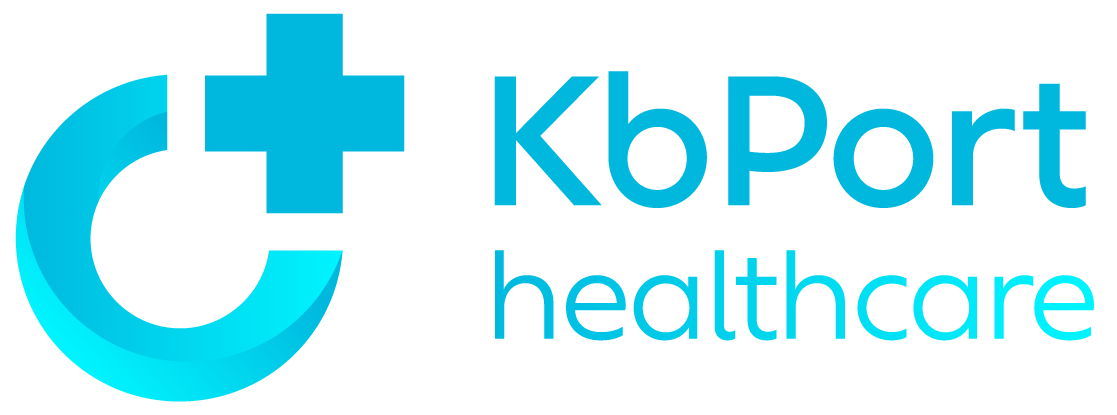Effectively Utilize Mobile Medical Carts in the Healthcare Industry

If you haven’t introduced mobile medical carts to your healthcare facility yet, you may be wondering how to use these tools best. In the stressful environment of a hospital, a mobile medical cart can provide the nurse or doctor with many benefits due to its maneuverability.
What is a Mobile Medical Cart?
A mobile medical cart is designed to increase access to patient electronic health records and medical equipment in hospitals and health practices. By using casters, medical staff can glide the cart and its contents smoothly over different floor surfaces with minimal effort.
However, the casters should also be conductive to prevent the buildup of potentially harmful static electricity. Conducive casters redirect built-up static electricity into the ground to avoid overloading sensitive electronics onboard the cart.
How to Implement a Mobile Medical Cart in Your Facility
There are several ways to effectively incorporate mobile medical carts in your facility, including:
As a Mobile Information Center
A mobile medical cart is a workstation on wheels, allowing the medical professional to update patient information at the point of care, uploading data as they diagnose a patient or change a prescription. Data-entry errors can be costly or life-threatening, so inputting information digitally without delay is a significant benefit to the hospital.
A doctor or nurse with access to a medical computer at any time or location also can view the patient’s medical history and test results, sharing this information with the patient.
To Increase Patient Engagement
Healthcare facilities can cause patients distress and anxiety, especially when they lack sufficient information about their diagnosis, treatment options, or prognosis. A mobile medical cart allows healthcare professionals to engage with the patient more effectively, improving the overall experience and ensuring the patient is informed.
For example, if a doctor needs to explain a complex medical procedure or condition to a patient, they can access reference materials quickly.
By including accessories, such as wristband printers, RFID scanners, and electronic signature pads, you can ID patients, update patient records, and dispense medication as needed.
To Access Supplies and Diagnostics
Use the mobile medical cart to store medical supplies, sanitizing products and drugs. A mobile medical cart with drawers and compartments can help you improve patient care outcomes by ensuring you always have access to the equipment you need. With secure electronic locking storage, medication administration can safely be performed.
You can also attach vital-sign monitoring and ALS (advanced life support) equipment, such as a defibrillator, transforming it into a crash cart.
Healthcare facilities are home to various pathogens, such as MRSA. It’s crucial to keep surfaces and hands sanitized in a healthcare environment. Having a hand-sanitizer dispenser attached to your cart can be more convenient and accessible than finding a sanitizing station or wall-mounted unit.
As a Mobile Charging Station
There are a wide variety of electronic devices in use in modern hospitals and healthcare settings. Keeping medical tablets, laptops, and smartphones fully charged and running is vital for effective patient care. Mobile medical carts that use hot swap lithium-ion (Li-ion) rechargeable batteries can allow you to charge electronic devices at any location in the hospital, regardless of their proximity to a power outlet.
The cart becomes the equivalent of a mobile charging station. When one battery system is depleted, you can swap it out for another without interrupting the cart’s functionality. Your computer will remain on and in service at all times. These battery systems usually provide 6-10 hours of power before needing replacement and a visual indicator when the power level is low.
For Telehealth
A mobile medical cart can also play an essential role in telehealth — delivering healthcare services remotely using telecommunications technology. Whether you’re diagnosing a patient who’s at home or you need to communicate with a potentially contagious patient at the hospital, a mobile medical computer cart can facilitate the exchange of critical information without compromising the safety of you or your staff.
Custom Cart Solutions
The specific needs of a hospital can vary significantly, depending on the services and care it provides. Standardized medical carts aren’t always suitable for these specific needs, requiring a custom solution. At KbPort Healthcare, we offer custom cart configurations to meet the specialized needs of healthcare facilities.
Contact us today and we’ll help you determine what kind of mobile medical cart or custom med cart configuration you need to deliver the best long-term care to your patients.
OPENING HOURS
| Week Days – TX |
8:00 – 4:30 CT |
| Week Days – PA |
8:00 – 4:30 EST |
